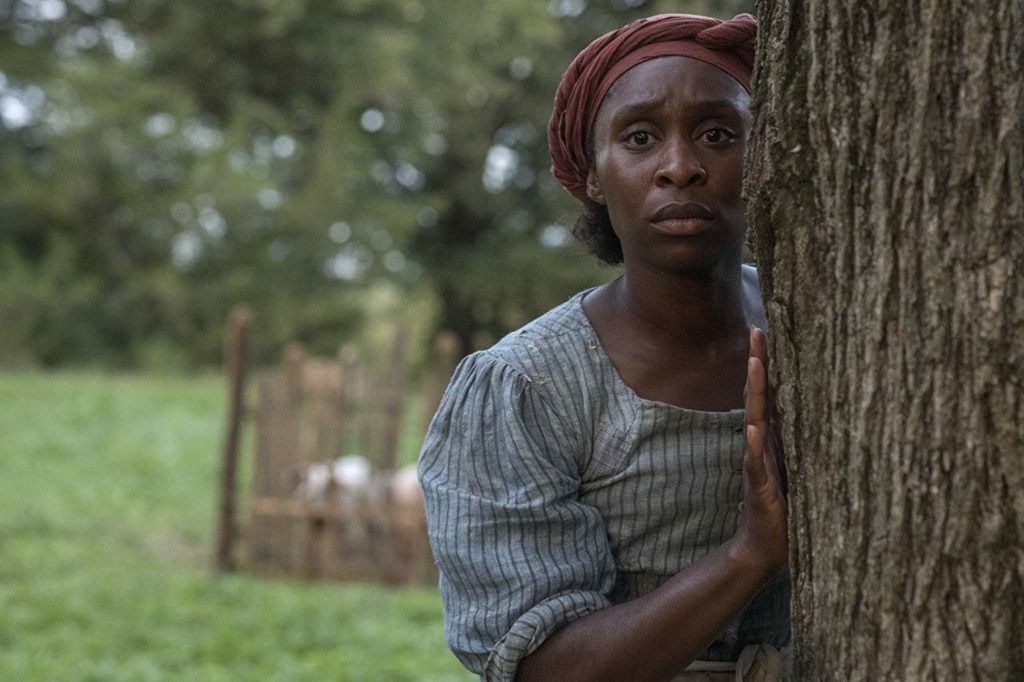Harriet

Cynthia Erivo stars in HARRIET. (Photo: Focus Features)
Although it lacks the same courage and tenacity as its subject, Harriet shines a worthwhile spotlight on Harriet Tubman as well as Cynthia Erivo.
This formulaic yet compelling biopic of the pioneering abolitionist best known for freeing slaves via the Underground Railroad powerfully resonates across cultural, chronological, and geographical boundaries.
Erivo plays Tubman, who was born into slavery in Maryland under her birth name, Araminta. The film opens during the 1840s, when her first plea for freedom is rejected by a ruthless plantation owner and his son (Joe Alwyn), who sympathizes with her wishes even as he’s powerless to do anything.
Her desire to flee conflicts somewhat with her commitment family, including her freed husband (Zackary Momoh). After a harrowing journey on foot across state lines, Harriet eventually reaches Philadelphia and joins forces with a fellow advocate (Leslie Odom Jr.) and a progressive business owner (Janelle Monae) who provides lodging and employment.
They help Harriet develop the audacity and confidence to become a leader, even if her eventual decisions to return to Maryland and shepherd dozens of slaves to freedom comes with a price, especially following the passage of the Fugitive Slave Act in 1850. “Runaways don’t go south,” she’s cautioned. For Harriet, the rewards are worth the risk.
A committed performance by Tony-winning performer Erivo (Widows) conveys Harriet’s transformation from timid escapee to outspoken civil rights activist with radiant emotion.
As directed by Kasi Lemmons (Eve’s Bayou), the film evocatively re-creates the period not just visually but also in the casual harshness of the racially charged character interactions during such a segregated time — incorporating an unsettling historical accuracy that makes us cringe nowadays.
The slick and straightforward screenplay by Lemmons and Gregory Allen Howard (Remember the Titans) borders on hagiography while offering some predictable narrative beats, and the contrived cat-and-mouse finale is one of a handful of embellishments.
But it captures some key details such as Harriet’s spiritual devotion and broken nature of her personal relationships. Gospel music appropriately shapes its early sequences, before the film is hampered by a relentlessly obtrusive score as the action picks up.
However, even when Harriet lacks depth and context — perhaps a byproduct of its transparently crowd-pleasing intentions — it’s both an inspirational reminder and a spirited tribute to the types of freedoms contemporary moviegoers might take for granted.
Rated PG-13, 125 minutes.